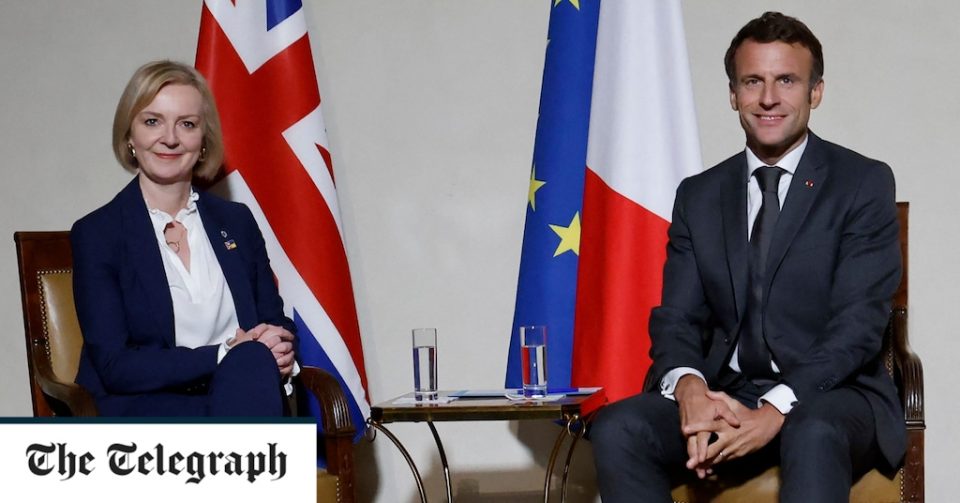Kathryn Porter, an analyst at Watt-Logic, said “there is no guarantee imports to Great Britain would be available when needed” because of serious problems with France’s decrepit nuclear fleet and the possibility that “electricity exports would be restricted” by Norway.
Therefore, the risk of blackouts may be greater than is thought, and as Investec’s Martin Young, points out: “if we are scrambling for candles this winter…it could be lights out for the Government”.
“Rolling blackouts could prove very tricky…we believe it is not unreasonable to suggest that there could be significant political fallout,” Young said.
But the revelation that Truss personally blocked proposals for an energy efficiency campaign from Business Secretary Jacob Rees-Mogg adds another dimension entirely. If the UK is plunged into darkness over the winter months, then her opponents will be able to say that the Prime Minister stood in the way of measures that could have reduced the chances of them happening. She will be unable to escape culpability.
Stuart’s claims that a reduction in household consumption would not have any significant impact on security of electricity and gas supplies, because the UK is blessed with a diverse energy make-up, do not stand up to scrutiny.
Public information energy campaigns have worked in the past, and there is plenty of evidence to suggest that the energy-saving measures they promote are highly effective too.
But it actually doesn’t matter. Even if Stuart is right, the point is that we will probably never get to find out, at a time when the country should be pulling every available lever to avert a ruinous power crunch.
Yet, efficacy, or otherwise, may not even be the issue here. Once again, it is said to be ideology that blinds the Prime Minister on matters of grave national importance. According to reports, she rejected Rees-Mogg’s plan on the grounds that it would be seen as overly interventionist.
This is terribly misjudged on a number of fronts. For a start, what Rees-Mogg was proposing was not “telling people how to live their lives”, as Stuart characterised it. On the contrary, the campaign is said to have been carefully designed to be “light touch” – relying on advice, rather than edict or decree.
The distinction isn’t even that subtle. There is clearly a massive difference between telling people that they cannot heat or light their homes over the winter, and encouraging, or even paying, in the case of National Grid, households to use non-essential appliances such as the washing machine outside of peak hours.
It also doesn’t take a great deal of foresight to recognise that the potential economic damage from blackouts is likely to be much worse than any that might arise from someone turning off the radiator in an empty room.
In fact, less money spent on energy ultimately means less ending up in the hands of the Qataris and other gas exporters, and more in the pockets of UK consumers during what will be a tough Christmas for businesses and the high street.
As for someone who is said to model herself on Margaret Thatcher, Truss should brush up on her history if she thinks public information campaigns are somehow anti-Tory.
Serious political scholars may recall that in 1986 Thatcher’s government devised a series of short TV adverts as part of “Energy Efficiency Year” in which viewers were encouraged to improve home insulation and replace old boilers to prepare for “whatever the big bad weather man has in store”.
If the Iron Lady wasn’t afraid to campaign for conservative energy consumption – then why is this Prime Minister?


